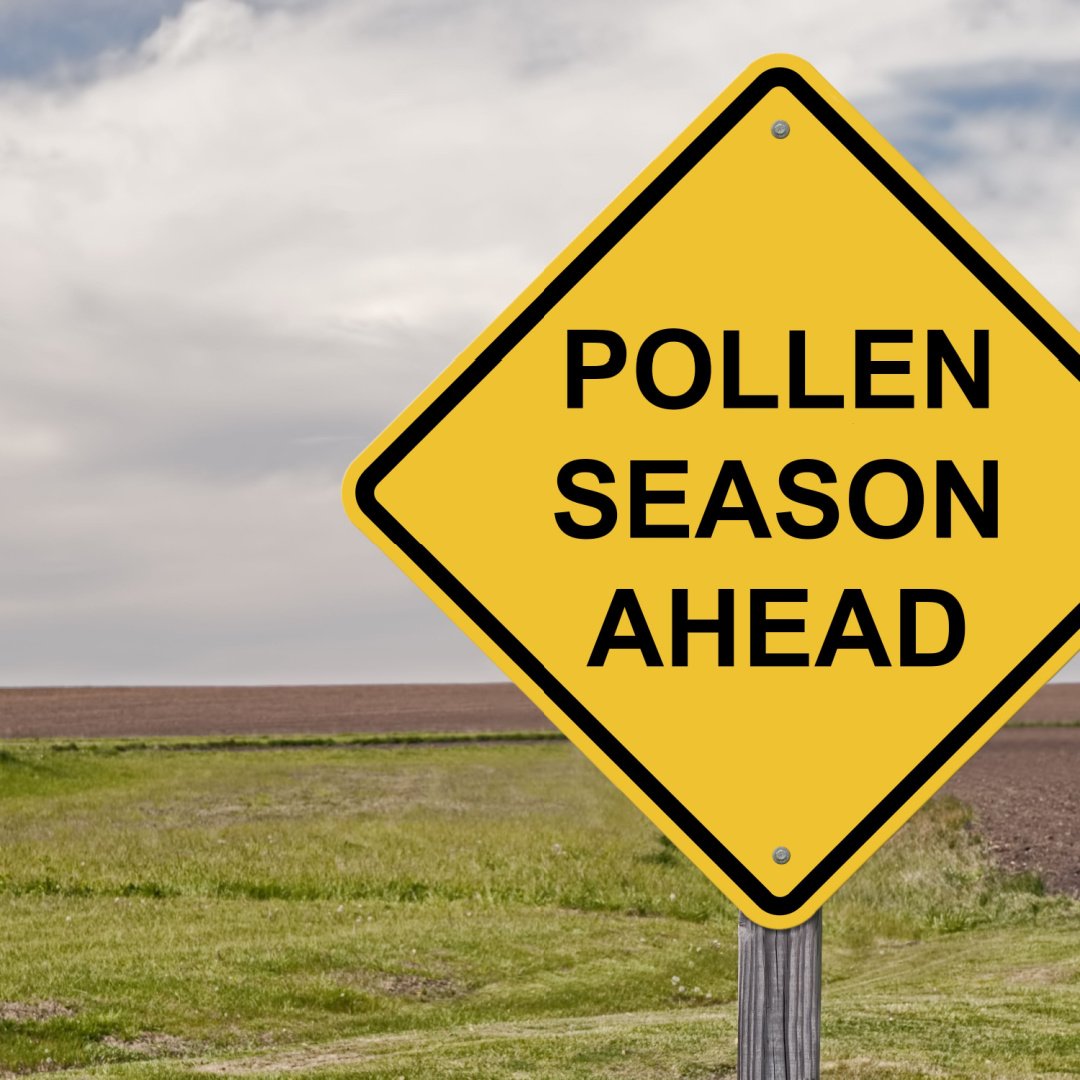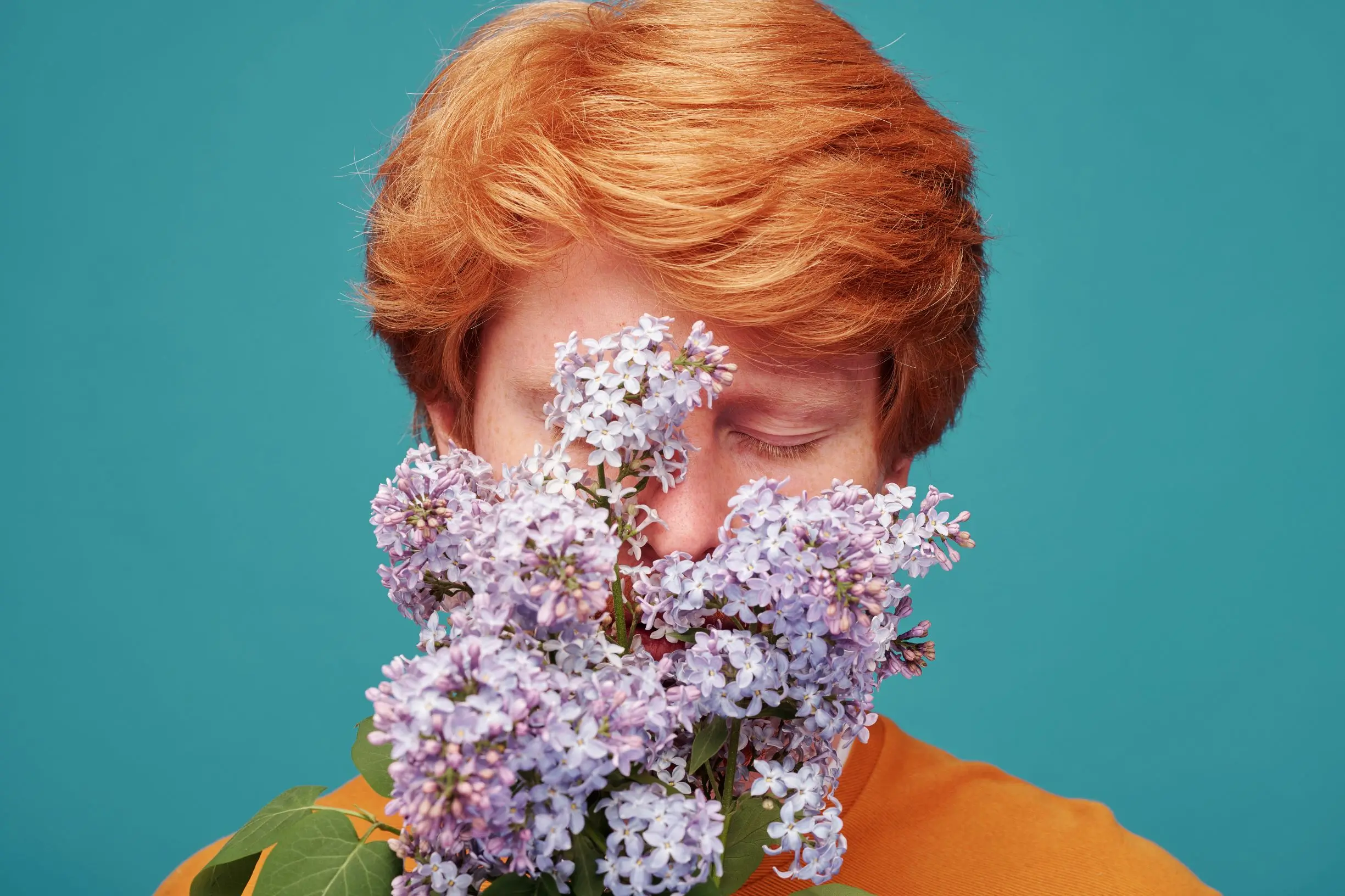How to get rid of hay fever
Medically Reviewed by Dr Ali Zavery
Last updated on 11.06.2024
Hay fever is one of the most common reasons for people to attend their doctor in Spring and Summer, as pollen levels soar. Quite often by the time they come to their GP, hay fever sufferers have already tried numerous products from the pharmacy, from tablets to nasal sprays, but still have symptoms. And sometimes people just feel overwhelmed by all the different treatment options and don’t know where to start.
What exactly is hay fever?
Hay fever is also known as Allergic Rhinitis. The typical symptoms of hayfever are:
- runny nose
- nasal congestion
- sneezing
- itchy eyes
- itchy throat
Hay fever is an allergic response to airborne allergens- for many people, this is seasonal and relates to pollen. You can be sensitive to specific pollens from certain plants, trees and grasses, or to multiple types of pollen. Hay fever symptoms can occur all year round if people are allergic to dust mites or pets.
So how do doctors treat hay fever?
Doctors will consider a variety of approaches, depending on what has already been tried by the patient, and how severe the symptoms are.
Antihistamines
Antihistamine tablets are available over the counter in pharmacies. It’s usually advised to take an antihistamine tablet every day during peak hay fever season. Sometimes doctors may advise taking two different antihistamines to manage severe symptoms, though this should not be done without discussing with a doctor first. Most of the commonly available over-the-counter antihistamines are said to be “non-drowsy”, but some people will still feel tired or drowsy while taking them, and sometimes they do not fully control the symptoms. If that’s the case, you might need to consider adding in nasal sprays and eye drops instead of (or in addition to) an antihistamine.
Which nasal sprays are worth trying?
People who get hay fever for long periods during Spring or Summer will often benefit from preventive treatment with a steroid nasal spray. There are a few brands available without prescription at pharmacies. It can take a few weeks of daily use before these sprays begin to give results, but they can be very effective for many people. If not helping, there are also combined “2 in 1” sprays which have both steroid and antihistamine action.
It is important NOT to use “decongestant sprays” on a regular basis- there are many of these available over the counter for colds and flu, but they can cause a lot of problems and worsening of symptoms if used for more than a few days. If you are not sure which type of nasal spray is which, ask your pharmacist.
Do eye drops help hay fever?
Several types of eye drops can be used to treat itchy eyes in hay fever- most of them need to be used at least twice a day to be effective. There are many different ones available from pharmacies without prescription.
Other medications and treatment options for bad hay fever
If eye drops, nasal sprays and antihistamines and are not enough, your doctor may consider a newer type of medication known as a “leukotriene antagonist”. These work a bit like antihistamine tablets. Whilst they are more frequently used as asthma preventers, they can also be effective for hay fever. They are usually well tolerated. Side effects can include mood changes and headaches.
If you have bad hay fever that is not getting better with the above options, your GP may refer you to an allergy specialist, for allergy tests and further management. Immunotherapy is sometimes prescribed for people with very severe hayfever that is not responding to regular treatments- a course of injections can be effective in “desensitising” a person to pollen or other similar triggers.

Can you prevent Hay Fever?
Reducing exposure to your known trigger(s) can help. Some suggestions for people with pollen allergies are:
- Staying indoors until after midday, particularly if the pollen count is high. The pollen count can be checked online. Windy weather and thunderstorms may also cause spikes in hayfever symptoms.
- Keep your windows closed at home during pollen season and in the car- remembering to use recirculated air conditioning when driving.
- Wearing glasses/sunglasses when outside
- Having a shower when you get home. Refreshing your eyes with simple saline/lubricant eye drops may also help.
- Avoid walking/camping in grassy areas, if grass pollen seems to be your trigger, and ideally let somebody else mow the lawn!
- Remove any weeds or plants outside your bedroom window that might trigger symptoms.
Getting a Mental Health Care Plan in Australia: Your Guide
Getting a Mental Health Care Plan in Australia: Your Guide Mental health matters—and if you’re feeling overwhelmed, anxious, or down, a mental health care plan can help. But what is it, and how do [...]
UTI Symptoms and Treatment: What You Need to Know
UTI Symptoms and Treatment: What You Need to Know Urinary Tract Infections (UTIs) are common, uncomfortable, and often disruptive. But what exactly are the signs to watch for, and how can you get relief [...]
Free Mental Health Care Plan Online | Bulk-Billed by Qoctor
Free Mental Health Care Plan Online | Bulk-Billed by Qoctor Discover how to get a free, bulk-billed Mental Health Care Plan (MHCP) in Australia through Qoctor's telehealth service. Accessing [...]





